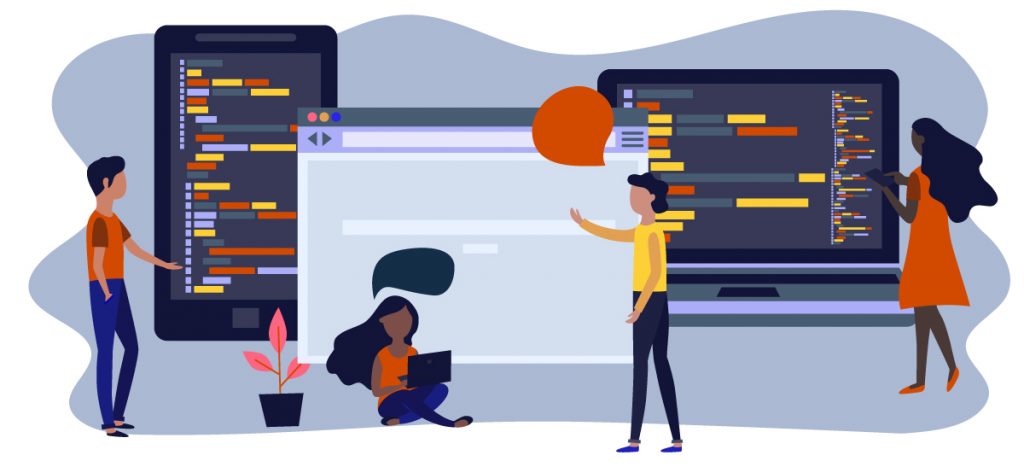The key to fostering students’ interest in science, technology, engineering, arts, and mathematics (STEAM) is to teach them to think innovatively and prepare them for the modern digital world. The introduction of digital laboratories into the school science and technology education system aims to improve the quality of teaching in these subjects and increase students’ motivation.
Why use Digital Laboratories?
STEAM education, which encompasses practical laboratory experiments and scientific research, plays a vital role in 21st-century education. Natural science education helps meet a nation’s need for professional scientists and engineers in an era of growing global competition in research, development, and technological innovation.
Digital laboratories can enhance the following educational goals:
- Increasing knowledge of natural science subjects
- Developing scientific thinking
- Understanding the complexity and ambiguity of empirical work
- Developing practical skills
- Understanding the nature of science and scientific phenomena
- Cultivating interest in science and increasing motivation to study natural science subjects
- Developing teamwork skills
Digital Laboratories
Digital laboratories consist of digital data loggers, sensors, specialized software, and educational content. They represent a new generation of high-tech tools for data collection and analysis used in school laboratory classrooms. These tools have demonstrated their effectiveness in increasing students’ interest and enthusiasm for studying natural science subjects, as well as in improving students’ academic performance in these subjects.
Digital laboratories enable a direct data flow from the sensor through the data logger to the software, allowing for real-time demonstration. Recorded results can be arranged and presented in various forms, helping students and teachers interpret them correctly.
Digital laboratories can organize a full cycle of project work within one lesson, modeling collaboration in any scientific team.
This cycle consists of:
- Formation and testing of hypotheses
- Experiment design
- Data collection
- Data analysis
- Demonstration of data and results
The Impact of Digital Laboratories on STEAM Education
The emergence of digital technologies in everyday life has transformed the way teachers interact with students in the classroom. Equipping schools with digital laboratories can significantly transform teaching and learning while increasing motivation and interest among students.
Several studies have shown that computer technologies are effective learning tools that support active student participation and understanding of concepts. Teachers and students alike have reported positive experiences using digital laboratories, noting increased interest, autonomy, and understanding of scientific subjects.
Leading Providers of Digital Laboratories
Companies that specialize in science education technology, data loggers, sensors, and related teaching aids have been at the forefront of delivering digital laboratories to schools. These companies offer comprehensive solutions that include portable data loggers, data analysis software, a variety of sensors covering various scientific subjects, and a wealth of manuals, textbooks, and software for creating interactive lessons and laboratory work.
Pedagogical Content
Introducing multimedia elements into practical classes within the curriculum increases students’ interest, involvement, and motivation to study science subjects. Educational providers have developed libraries of scientific textbooks, workbooks, and multimedia content that cover biology, chemistry, physics, environmental science, and renewable energy sources.
These teaching aids use a constructivist approach, encouraging students to build their own knowledge by registering data from experiments demonstrating concepts and laws in the field of science.
Teacher Training and Technical Support
Educational providers offer pedagogical and technical support for teachers using digital laboratories in their classrooms. Training programs focus on the professional development of teachers and the application of new pedagogical approaches. They are designed to provide basic and comprehensive levels of training, with some companies offering individual pedagogical courses.
Conclusion
Digital laboratories help teachers and students achieve success with a powerful combination of technology, state-of-the-art equipment, and professional resources. By providing opportunities for the professional development of teachers and the acquisition of key.

